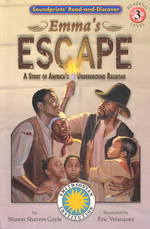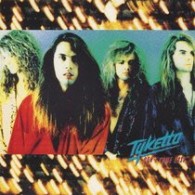- ホーム
- > 洋書
- > 英文書
- > History / World
Full Description
A comparative and trans-national study of urban culture in Britain and the United States from the late nineteenth to the twentieth century
Using the industrial cities of Manchester and Chicago as case studies, this book traces the idea of "citizenship" across different areas of local life in the first half of the twentieth century - from philosophy and festivals to historical re-enactment and public housing. Coalitions of voluntary associations, municipal government and local elites lambasted modern urban culture as the cause of social disintegration. But rather than simply decanting the population to new and smaller settlements they tried to re-imagine a reformed city as a place that could foster loyal and healthy communities. Celebrating civic progress in the period since the "shock city" of the nineteenth century,they sought to create a sense of local pride that could bracket growing class and racial tensions. The diverse individuals, groups and communities of the city reacted in different ways to this message. Some were happy to gather under the identity of one civic banner. Others, held back by discriminatory structures of society, chose to shape their own idea of citizenship - one that looked far beyond the city for a sense of belonging and rights.
Historians have tended to emphasise the rise of national identity, state centralisation and popular patriotism at the expense of distinctive local identities, municipal autonomy and expressions of civic pride. This book aims to redress the imbalance, demonstrating how local ideas of belonging could still exert a powerful hold on the making of modern citizenship.
TOM HULME is a lecturer in the School of History, Anthropology, Philosophy and Politics, Queen's University Belfast.
Contents
Introduction: After the Shock City
Citizenship and the Interwar City
Urban Utopias and Education
Celebrating the City
History, Progress and Community Performance
The Citizen of Tomorrow
Civic Culture and Welfare
Conclusion. After the Citizenship City
Bibliography
Index







